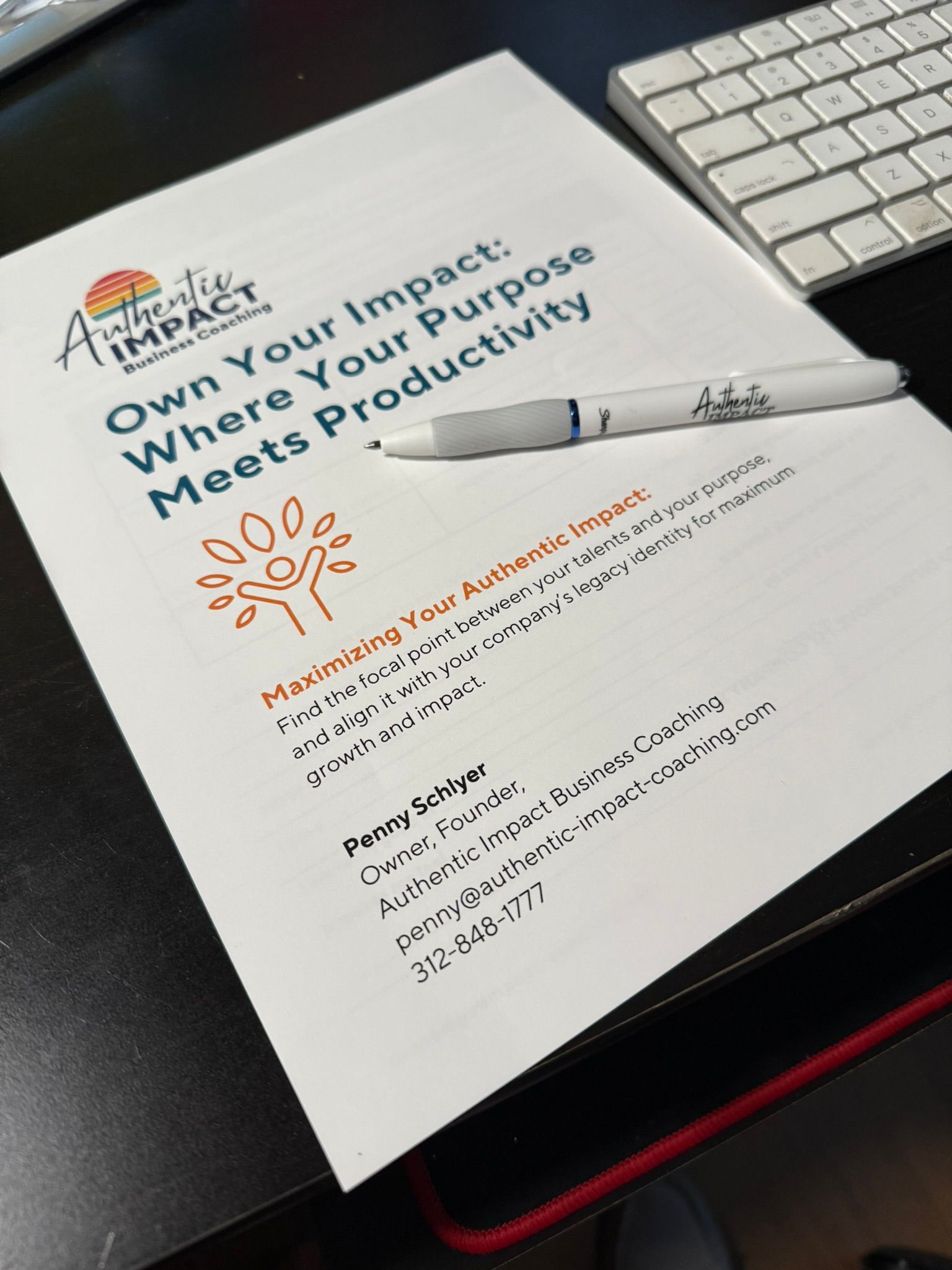The best teams don’t avoid conflict; they use it to fuel growth.
Healthy teams are composed of people with healthy relationships, riding waves of immense cooperation and energy to immense disagreement and conflict.
It comes with the territory. Growth naturally creates tension - new challenges, bigger decisions, and different perspectives all lead to conflict.
Beware!
If your team never has disagreements or conflicts, it could be a sign of stagnation or apathy, which is not good.
Conflict is a necessary part of growth, whether it's your inner conflict forcing you out of your comfort zone or conflict on your team forcing them to think or do things differently.
It’s the way the conflict is handled that matters.
The strongest businesses aren’t built by people who agree on everything. They’re built by teams who challenge each other, push for better solutions, and aren’t afraid of tough conversations.
The key is knowing the difference between healthy conflict and toxic conflict, and making sure disagreements lead to progress, not problems.
Growth Creates Tension And That’s a Good Thing
Things to remember:
- If no one is pushing back, you’re probably not innovating.
- If everyone agrees all the time, big opportunities might be getting overlooked.
- If tough conversations aren’t happening, frustrations may be simmering under the surface.
So, ask yourself: Is your team too agreeable—or are they engaged in real discussions that drive progress?
Toxic Conflict vs. Growth Conflict
What's the difference? Destructive disagreements vs. productive tension.
Toxic Conflict:
❌ Personal attacks or blame
❌ Office politics or hidden agendas
❌ Arguments that go in circles without resolution
❌ Avoiding conversations out of fear
Growth Conflict:
✅ Strong opinions backed by logic and experience
✅ Challenging ideas while respecting people
✅ Tension that leads to better decisions
✅ Debate focused on solving business problems, not personal ones
A growing business needs growth conflict, a space where ideas are debated, decisions are challenged, and better solutions are created from tough discussions.
Do You Have Too Little or Too Much Conflict?
If your business is growing, but your team isn’t disagreeing, you might have too little conflict.
Signs of this include:
- Everyone nods in agreement, even when decisions are big.
- Team members hesitate to challenge ideas, especially leadership.
- Frustrations surface in private conversations but not in meetings.
- People just aren't following through on decisions or new directions.
On the other hand, if conflict is constant and draining, you might have too much.
Signs include:
- Meetings feel like battles, not discussions.
- People are more focused on proving they’re right than solving problems.
- Decisions take forever because no one can align.
A healthy balance means your team can disagree, debate, and move forward without resentment or wasted energy.
How to Turn Conflict Into Progress
To make disagreements productive instead of painful, try these strategies:
- Set ground rules: Make it clear that debate is encouraged but must stay focused on ideas, not personal attacks.
- Change your approach: Hold your perspective back until after people have a chance to share their perspectives.
- Modulate your reaction: People should feel comfortable challenging leadership or sharing dissenting views without fear of backlash.
- Encourage “red teaming”: Assign someone to play devil’s advocate in meetings, forcing the team to examine all angles.
- Resolve, don’t revisit: Once a decision is made, commit to it. Endless rehashing or constant changes in direction create frustration.
- Celebrate disagreement: Reinforce that strong debates lead to better outcomes, not division.
Great teams don’t avoid conflict, they manage it well.
ACTION: Reframe a Conflict as a Sign of Growth
This week, look at one recurring conflict in your business. Instead of seeing it as a problem, ask yourself:
- Does this mean my team is engaged and thinking critically?
- Are we pushing each other toward better solutions?
- How can I guide this debate toward a productive resolution?
Conflict, when handled right, is a sign of momentum, innovation, and progress.
So the next time tensions rise, don’t panic - lean in, listen, and use it to fuel your business forward.
Remember, through healthy discussion comes a sense of personal impact which is what makes healthy teams thrive.
Learn more about how we can help through our DISC Assessments and Team Workshops.











